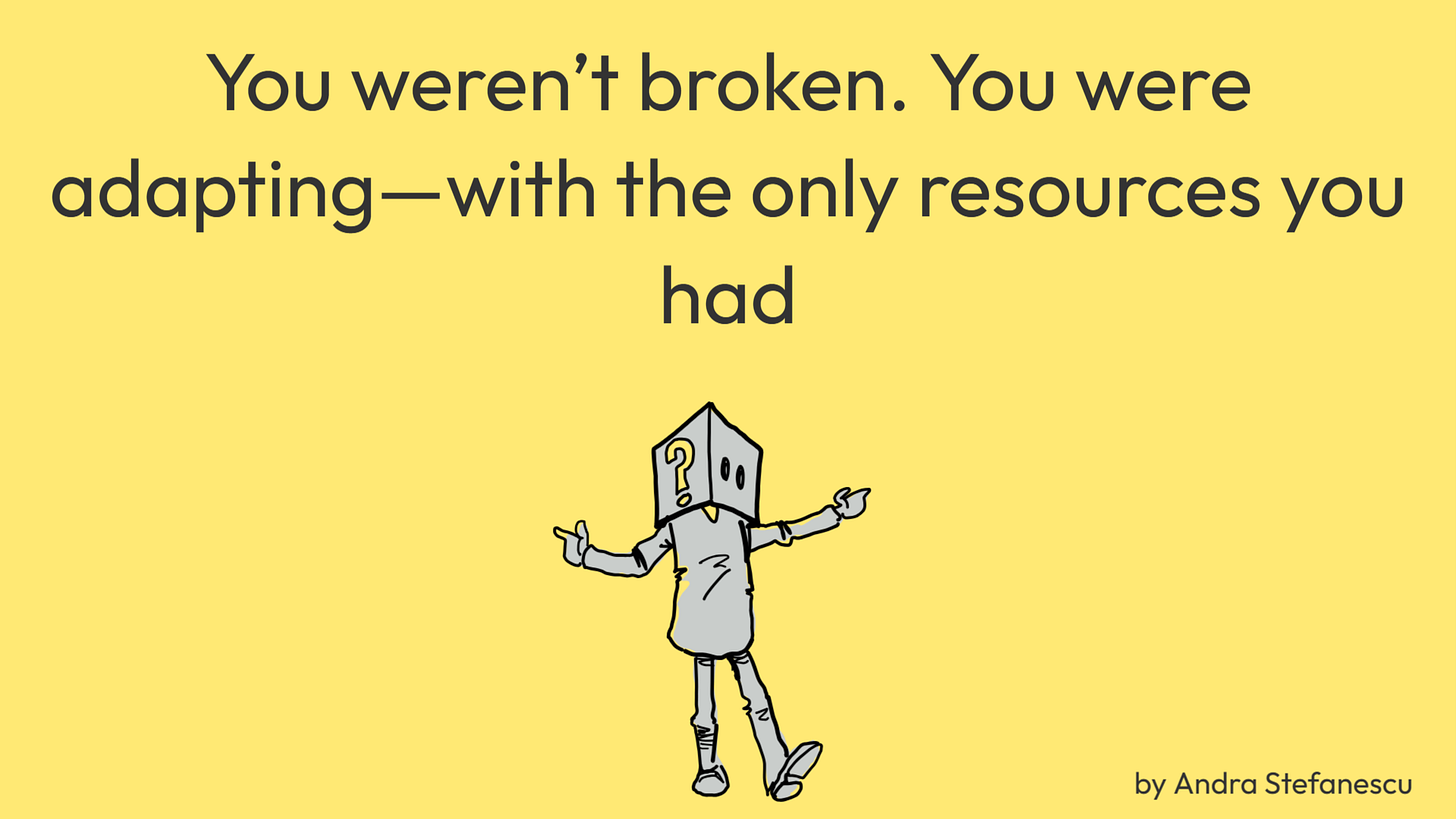Everyone Is Doing the Best They Can (Even If It Doesn’t Look Like It)
What if frustration isn’t failure—but a sign of effort with limited tools?
There’s a shift that happens in your leadership the moment you truly understand this:
Everyone is doing the best they can with the resources they have.
Not the best you think they should do.
Not the most productive or polite or logical.
But the best they can, from where they stand—right now.
It’s one of the most compassionate, challenging, and transformative mindsets you can adopt as a leader, coach, parent, or simply… a human.
💡 What This Really Means
This principle from NLP doesn’t excuse toxic behavior.
It doesn’t mean you have to tolerate disrespect or avoid accountability.
What it does mean is that before we judge, we pause.
We ask:
🧠 “What is this behavior protecting?”
💔 “What is this reaction trying to say that words can’t?”
🔍 “What resources—emotional, mental, relational—are missing here?”
Because behavior isn’t just an output.
It’s a strategy — sometimes messy, sometimes loud — for meeting a very real need.
🛠️ From Leadership to Forgiveness
This mindset isn’t just about how we view others. It’s also about how we see ourselves.
We’ve all made choices we’re not proud of.
But if you look back at your past not through shame, but through context, you’ll likely realize:
“I was doing the best I could. With what I knew. With the energy I had. With the pain I was carrying.”
Let that truth become the foundation of self-forgiveness. And from that place, you lead others better, too.
References:
NLP Practitioner Program by Gina Veverita



Thank you Andra, you make me to think about how many times I said myself don't worry you are doing the best you could.
We have to be careful, because "I was doing the best I could" could be interpreted as an excuse.
So in my opinion it is a question that we could make from time to time, and it will help to reflect and look for new ways to face the problem. I trully believe we could always to improve.
Good one, Andra
It's true; leadership begins when compassion shapes perspective towards others and ourselves.